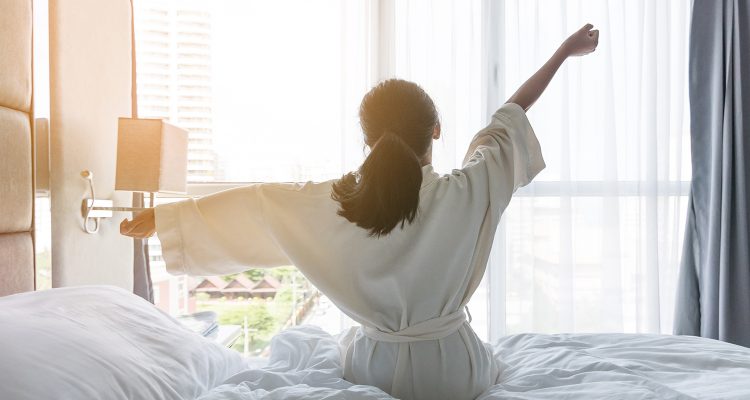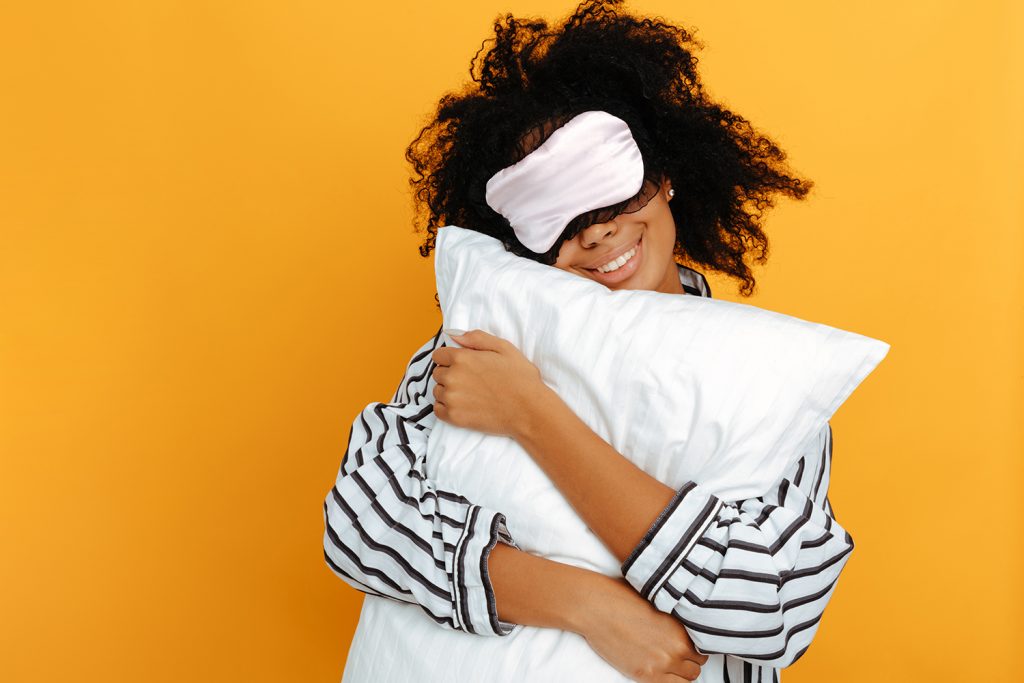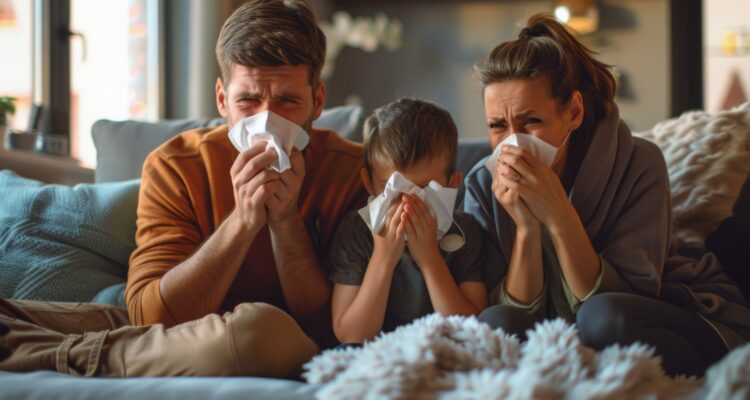Few things are guaranteed to drag us down more than a poor night’s sleep. But, apart from making us feel below par, it can have serious effects on our health, weight and wellbeing.
Simply by ensuring we sleep well, we can do loads to improve our health with minimal input on our part. Sounds like a winner! However, with over a third of us struggling with sleep problems from time to time, it’s easier said than done.
Rather than counting sheep, use our ‘Six Steps to Slumber’ to steer you towards a deep and refreshing sleep:
Regulate your body clock By aiming to get up and go to bed at the same time each day we will get our body into a routine. Long lie-ins and late nights at the weekend simply confuse our bodies and don’t compensate for any sleep debt we build up during the week.
Cut out caffeine Consuming caffeine too late in the day can keep us feeling awake and affect our ability to get to sleep at bedtime, so simple steps such as cutting out caffeine at least four to six hours before bedtime may help you to get to sleep more easily when you decide to hit the hay.
Ditch the screens Don’t spend your evening time on tablets, e-readers or phones, as the blue screens have been found to affect our ability to get a deep, restful sleep.
Wear yourself out Physical exercise and fresh air are guaranteed to have you asleep within seconds of hitting the pillow. It’s a better way of unwinding than the blue screens too!
Cool the temperature in the bedroom Sleep experts say 16-18 degrees is the ‘sweet spot’ for our bodies to release melatonin to help us nod off. Anything much above or below interferes with our body’s natural temperature cycle – a recipe for disturbed sleep and insomnia.
Avoid alcohol It’s tempting, sometimes, to use alcohol as a sleep aid. However, whilst it may help you fall asleep, it also causes disturbances in sleep, resulting in less restful sleep overall. Too many drinks will also contribute to that carb craving the next day leading to extra calories we really don’t need.
Aim for 7-8 hours a night to sleep your way to better health!





